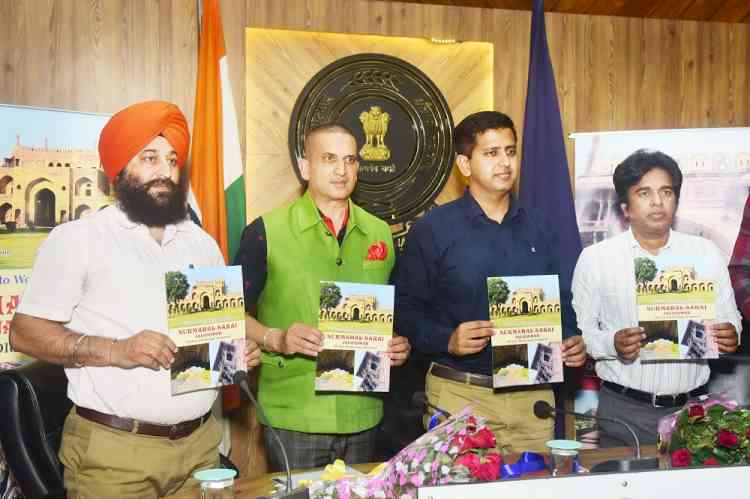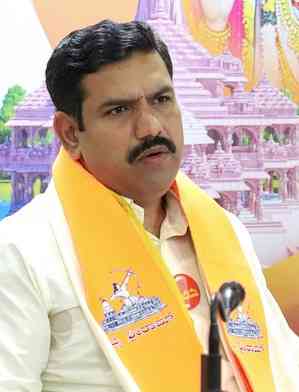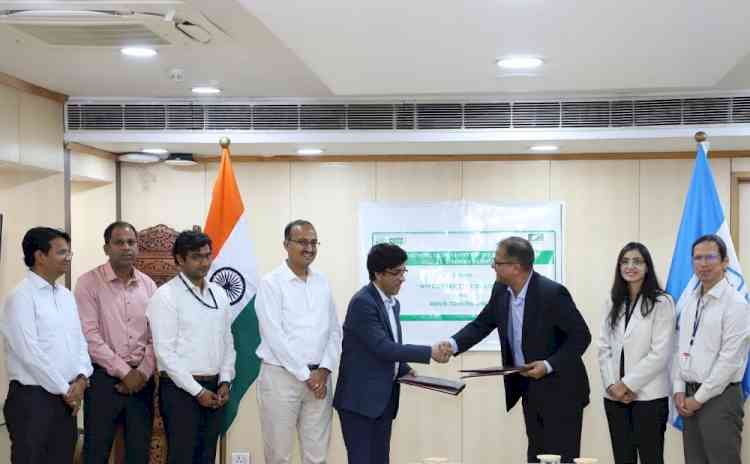Day 6 of National Workshop by CALEM
Author(s): City Air NewsRanjana Padhi, visiting faculty, Tata Institute of Social Sciences, Mumbai, addressing the gathering. Chandigarh, May 25, 2019: The sixth day of the workshop on Qualitative Research Methods in Social Sciences organised...


Ranjana Padhi, visiting faculty, Tata Institute of Social Sciences, Mumbai, addressing the gathering.
Chandigarh, May 25, 2019: The sixth day of the workshop on Qualitative Research Methods in Social Sciences organised by Centre for Academic Leadership & Education Management (CALEM), Department of Education, Panjab University, Chandigarh focussed on narratives, testimonies and ambiguities in issues of equity and social justice in qualitative research.
Dr Satvinderpal Kaur, the program coordinator introduced the speakers of the day.
In the first two sessions Ranjana Padhi, visiting faculty, Tata Institute of Social Sciences, Mumbai focused on using narrative inquiry and testimonials as qualitative research methods. She focused on understanding narratives enquiries in social studies and how narratives breathe life in quantitative research. Narratives can bring to light the hardships and coping potentials of suffering peasantry and help to affirm their voices of sanity against modernization. She described that testimonies reveal the feelings and thought process of individuals. She elaborated that though the silence of individuals is difficult to break to pen down testimony but when this silence is broken it has lot to search for. She emphasized the need to construe that testimony is not just a speech, but a story that depicts the situation of individuals of the community.
In third session, Prof. S. Srinivasa Rao, Chairperson Zakir Hussain Centre for Educational Studies, JNU, New Delhi dwelled on conceptual ambiguities and methodological issues of equity and social justice. He shared the sociological aspects where it is the part of society to treat each other differently and the same has been found in primitive society which were not egalitarian completely.
The sessions were very interactive where participants shared their experiences. He explained that how inequalities in the society are created with varied kinds of discrimination. He also elaborated on the queries of the participants.
The day concluded with vote of thanks by Dr. Kuldeep Kaur, Program and CALEM Co-coordinator.

 cityairnews
cityairnews 
















